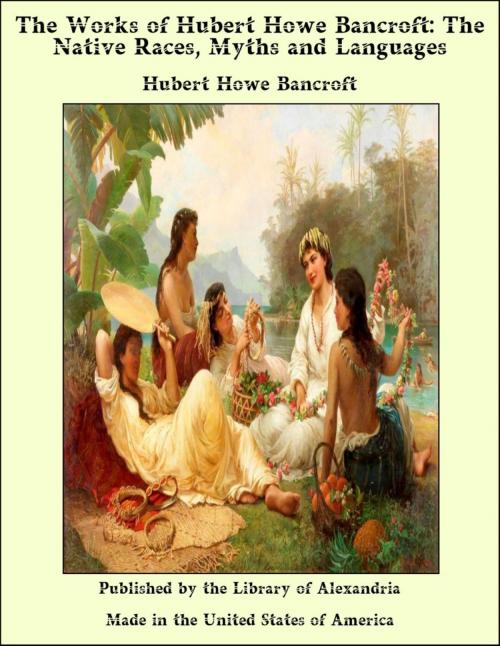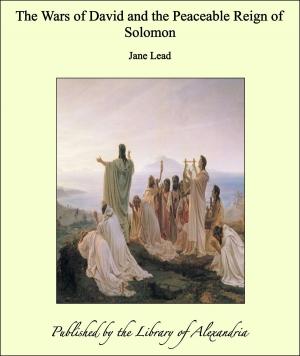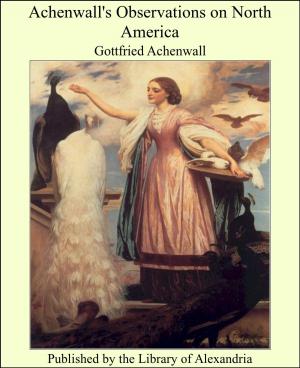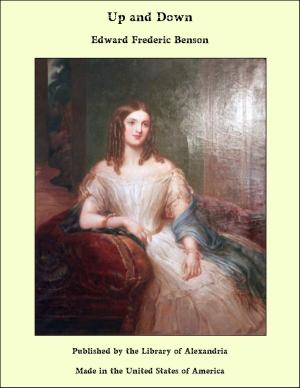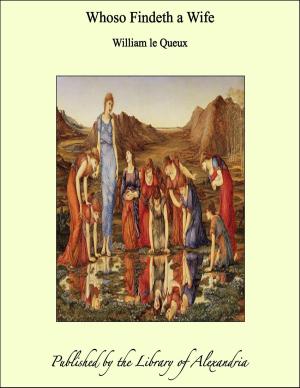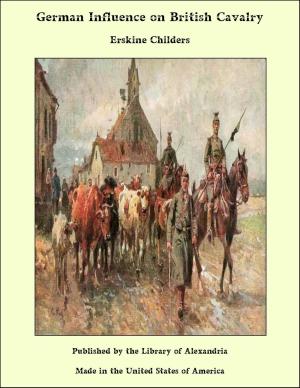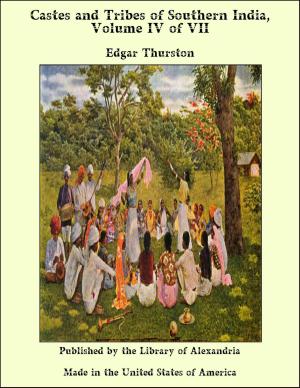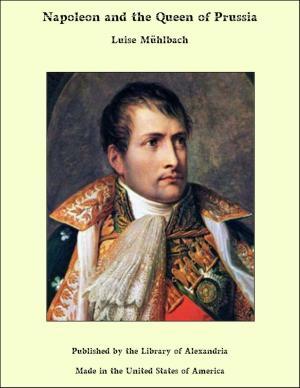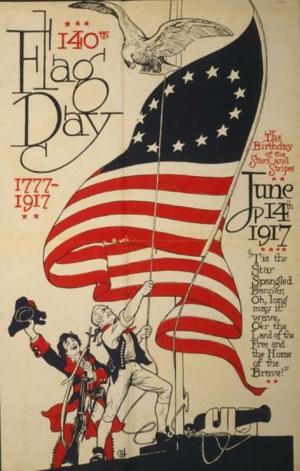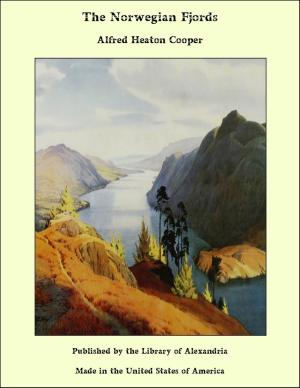The Works of Hubert Howe Bancroft: The Native Races, Myths and Languages
Nonfiction, Religion & Spirituality, New Age, History, Fiction & Literature| Author: | Hubert Howe Bancroft | ISBN: | 9781465593245 |
| Publisher: | Library of Alexandria | Publication: | March 8, 2015 |
| Imprint: | Language: | English |
| Author: | Hubert Howe Bancroft |
| ISBN: | 9781465593245 |
| Publisher: | Library of Alexandria |
| Publication: | March 8, 2015 |
| Imprint: | |
| Language: | English |
Hitherto we have beheld Man only in his material organism; as a wild though intellectual animal. We have watched the intercourse of uncultured mind with its environment. We have seen how, to clothe himself, the savage robs the beast; how, like animals, primitive man constructs his habitation, provides food, rears a family, exercises authority, holds property, wages war, indulges in amusements, gratifies social instincts; and that in all this, the savage is but one remove from the brute. Ascending the scale, we have examined the first stages of human progress and analyzed an incipient civilization. We will now pass the frontier which separates mankind from animal-kind, and enter the domain of the immaterial and supernatural; phenomena which philosophy purely positive cannot explain. The primary indication of an absolute superiority in man over other animals is the faculty of speech; not those mute or vocal symbols, expressive of passion and emotion, displayed alike in brutes and men; but the power to separate ideas, to generate in the mind and embody in words, sequences of thought. True, upon the threshold of this inquiry, as in whatever relates to primitive man, we find the brute creation hotly pursuing, and disputing for a share in this progressional power. In common with man, animals possess all the organs of sensation. They see, hear, feel, taste, and smell. They have even the organs of speech; but they have not speech. The source of this wonderful faculty lies further back, obscured by the mists which ever settle round the immaterial. Whether brutes have souls, according to the Aristotelean theory of soul, or whether brute-soul is immortal, or of quality and destiny unlike and inferior to that of man-soul, we see in them unmistakable evidence of mental faculties. The higher order of animals possess the lower order of intellectual perceptions. Thus pride is manifested by the caparisoned horse, shame by the beaten dog, will by the stubborn mule. Brutes have memory; they manifest love and hate, joy and sorrow, gratitude and revenge. They are courageous or cowardly, subtle or simple, not merely up to the measure of what we commonly term instinct, but with evident exercise of judgment; and, to a certain point, we might even claim for them foresight, as in laying in a store of food for winter. But with all this there seems to be a lack of true or connected thought, and of the faculty of abstraction, whereby conceptions are analyzed and impressions defined.
Hitherto we have beheld Man only in his material organism; as a wild though intellectual animal. We have watched the intercourse of uncultured mind with its environment. We have seen how, to clothe himself, the savage robs the beast; how, like animals, primitive man constructs his habitation, provides food, rears a family, exercises authority, holds property, wages war, indulges in amusements, gratifies social instincts; and that in all this, the savage is but one remove from the brute. Ascending the scale, we have examined the first stages of human progress and analyzed an incipient civilization. We will now pass the frontier which separates mankind from animal-kind, and enter the domain of the immaterial and supernatural; phenomena which philosophy purely positive cannot explain. The primary indication of an absolute superiority in man over other animals is the faculty of speech; not those mute or vocal symbols, expressive of passion and emotion, displayed alike in brutes and men; but the power to separate ideas, to generate in the mind and embody in words, sequences of thought. True, upon the threshold of this inquiry, as in whatever relates to primitive man, we find the brute creation hotly pursuing, and disputing for a share in this progressional power. In common with man, animals possess all the organs of sensation. They see, hear, feel, taste, and smell. They have even the organs of speech; but they have not speech. The source of this wonderful faculty lies further back, obscured by the mists which ever settle round the immaterial. Whether brutes have souls, according to the Aristotelean theory of soul, or whether brute-soul is immortal, or of quality and destiny unlike and inferior to that of man-soul, we see in them unmistakable evidence of mental faculties. The higher order of animals possess the lower order of intellectual perceptions. Thus pride is manifested by the caparisoned horse, shame by the beaten dog, will by the stubborn mule. Brutes have memory; they manifest love and hate, joy and sorrow, gratitude and revenge. They are courageous or cowardly, subtle or simple, not merely up to the measure of what we commonly term instinct, but with evident exercise of judgment; and, to a certain point, we might even claim for them foresight, as in laying in a store of food for winter. But with all this there seems to be a lack of true or connected thought, and of the faculty of abstraction, whereby conceptions are analyzed and impressions defined.
